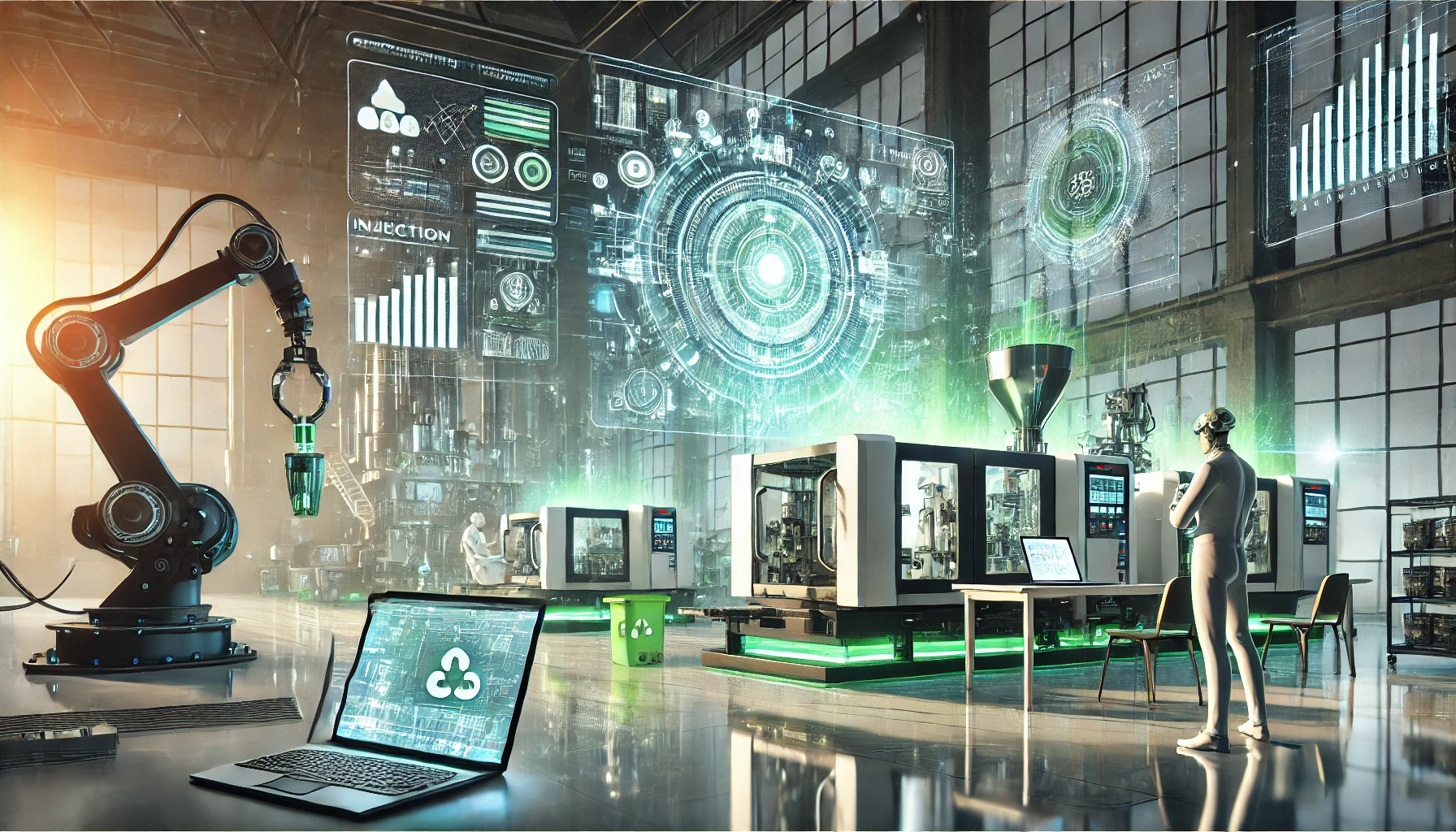The injection molding industry is witnessing a wave of innovations that promise to enhance efficiency, sustainability, and product quality. As we move forward, several key trends are emerging, poised to redefine the landscape of this essential manufacturing process.
Advancements in Materials
One of the significant trends is the development of advanced materials. These new materials not only improve the performance of molded parts but also contribute to environmental sustainability. Biodegradable Plastics: There is a growing focus on creating biodegradable plastics that decompose more quickly, reducing the environmental impact of plastic waste. High-Performance Polymers: Innovations in high-performance polymers are enhancing durability, resistance to chemicals, and heat tolerance. Recycled Materials: The use of recycled plastics is becoming more prevalent, promoting a circular economy and reducing reliance on virgin materials.
Process Innovations
The injection molding process itself is undergoing several advancements aimed at boosting efficiency and precision. Micro-Injection Molding: This technique is used to produce very small, detailed components, ideal for industries like medical devices and electronics. Multi-Material Injection Molding: This process allows the simultaneous injection of multiple materials, enabling the creation of complex parts with varying properties. Gas-Assisted Injection Molding: By injecting gas into the mold, this process reduces material usage and cycle time while enhancing the structural integrity of the parts.
Smart Manufacturing Technologies
The integration of smart technologies into injection molding is ushering in the era of Industry 4.0. IoT-Enabled Machinery: Internet of Things (IoT) sensors are being integrated into molding machines, providing real-time data on process parameters, which helps in monitoring and optimizing production. Predictive Maintenance: IoT sensors also facilitate predictive maintenance by alerting operators to potential issues before they lead to machine downtime. Artificial Intelligence (AI): AI is being used to analyze production data, optimize process parameters, and improve quality control, reducing defects and waste.
Sustainability Initiatives
Sustainability is becoming a core focus for manufacturers, with an emphasis on eco-friendly practices. Bio-Based Plastics: The use of plastics derived from renewable sources is on the rise, reducing dependence on fossil fuels. Energy-Efficient Machines: New injection molding machines are being designed to consume less energy, contributing to lower operational costs and reduced carbon footprints. Waste Reduction: Efforts are being made to minimize waste through improved process control and the use of recycled materials.
Conclusion
The future of injection molding machinery is bright, with innovations that promise to make the process more efficient, sustainable, and adaptable to the needs of various industries. By staying abreast of these trends, manufacturers can continue to produce high-quality parts while minimizing their environmental impact.


Leave A Comment